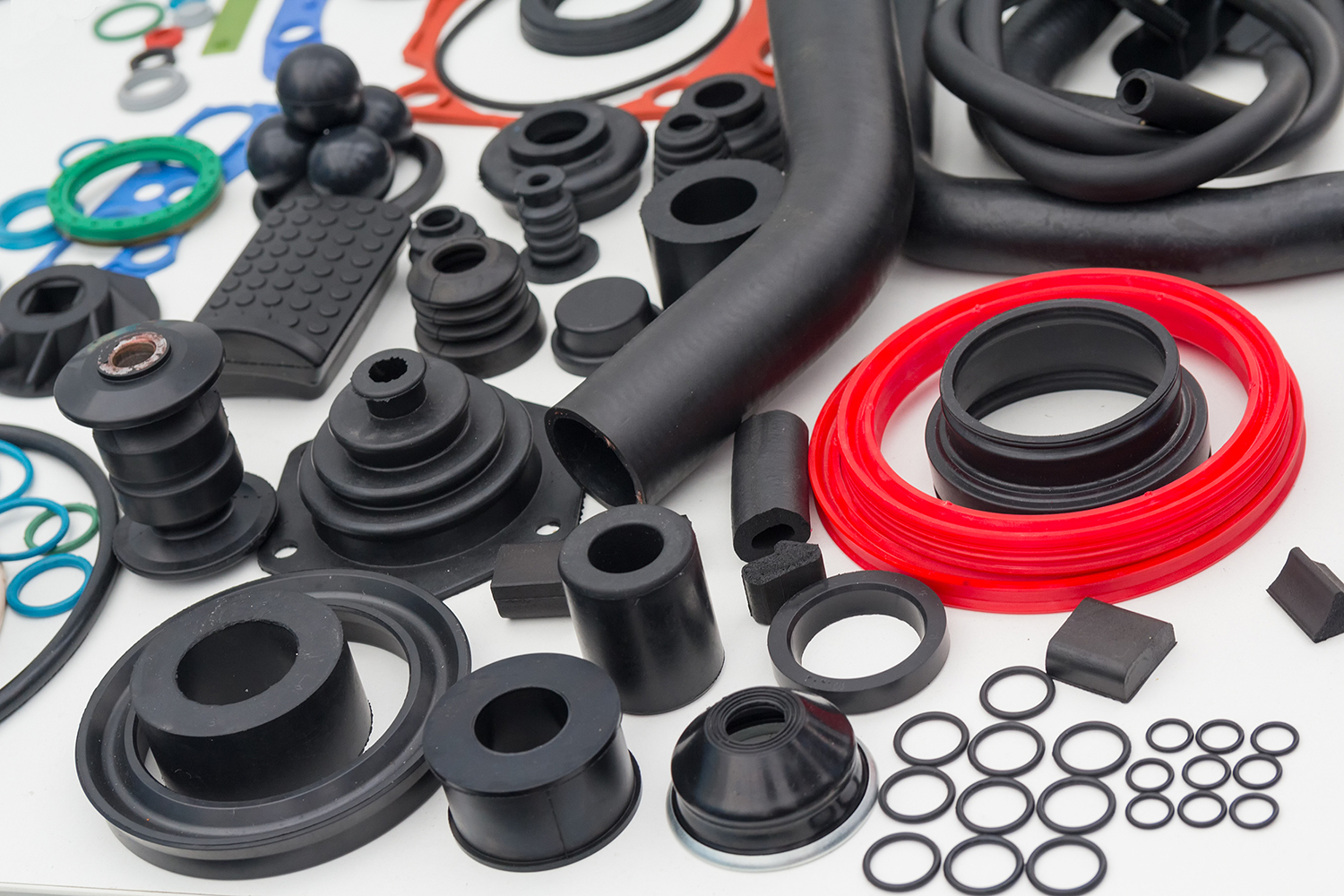

Stress Dependence of 1H Diffusion in Silicon Rubber using MAS
Silicon rubber shows a stress dependent diffusion coefficient. This effect is used to show the application of an MAS probe combined with the Micro2.5 gradient system in a MR Microscopy equipment. This application can be used for all kind of elastic materials, providing rheological information and spectroscopic information at the same time.
The advantages of this combination compared to an MAS probe with built in gradients are numerous:
1. The maximum gradient strength achieved by combining the 3 gradients as shown in figure 1 is much higher 2.5 T/m rather than 0.5 T/m with a built-in gradient.
2. The linear range of the gradient system is much bigger than the sample in MAS leading to an excellent gradient field quality.
3. The rf part is mechanically decoupled from the gradients avoiding torque from the gradient and thus avoiding mechanical vibrations.
4. The gradient system is water cooled and can therefor stand higher duty cycles and the heating introduced by the MAS rotation.
The observed diffusion coefficient decays exponentially with growing rotation frequency. This effect is interpreted as a kind of stress hardening. In the MAS rotor the elastic rubber material is centrifuged to the inner surface of the rotor and compressed. The center of the rotor is hollow as shown by imaging experiments.